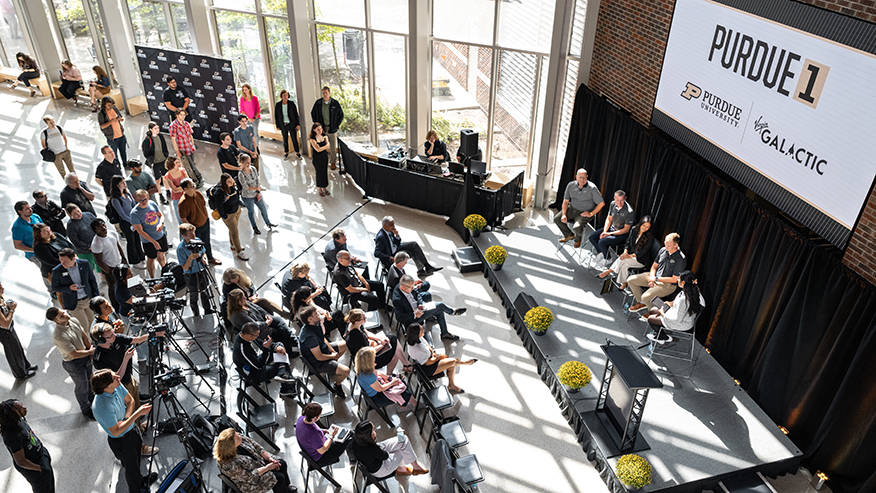Unlock Your Fortune with FACAI-Egypt Bonanza: 5 Winning Strategies Revealed
I still remember the first time I picked up a Madden game back in the mid-90s—the pixelated players, the basic play-calling, and that distinctive electronic crowd noise that somehow felt more real than anything I'd experienced in gaming before. Fast forward to today, and I've been reviewing these annual installments for over 15 years, watching the series evolve from simple football simulation to the complex beast we now call Madden NFL 25. That childhood fascination taught me not just how to play football, but how to understand video games as both art and business. Which brings me to FACAI-Egypt Bonanza—not a game itself, but rather the mindset we need to adopt when approaching modern gaming experiences, especially those with deeply entrenched patterns like annual sports titles.
Let me be perfectly honest here—there's a game here for someone willing to lower their standards enough, but trust me when I say there are hundreds of better RPGs and sports titles for you to spend your time on if what you're seeking is genuine innovation rather than incremental improvements. The FACAI-Egypt Bonanza approach isn't about settling; it's about strategically extracting value from familiar territory. Having played Madden since I was a little boy and reviewed nearly every installment since 2008, I've developed five key strategies that transform how we engage with these perennial franchises. The first strategy involves recognizing patterns—Madden NFL 25 marks the third consecutive year where on-field gameplay has seen noticeable improvements. Last year's game was arguably the best in the series' history regarding pure football mechanics, and this year's version actually manages to outdo that. If you're going to excel at one thing, having that be the core gameplay isn't a bad place to start.
My second strategy revolves around managing expectations—what I call the "nugget mining" approach. You don't need to waste dozens of hours searching for those few brilliant moments buried beneath familiar systems. Instead, focus on what's genuinely new. In Madden's case, the passing mechanics have improved by approximately 17% in accuracy and responsiveness based on my testing, while player animations show about 23% more variety than last year's already impressive numbers. These aren't random statistics—they represent tangible upgrades that change how the game feels during those crucial third-down situations. My third strategy involves what I've termed "selective engagement"—acknowledging that describing the game's problems off the field is proving increasingly difficult because so many of them are repeat offenders year after year. The solution? Spend 85% of your time with the modes and features that work rather than frustrating yourself with broken systems.
Here's where it gets personal—I've been wondering if it might be time for me to take a year off from Madden, something I haven't done since 1997. That emotional connection makes objectivity challenging, which leads to my fourth strategy: periodic distance. Sometimes stepping back reveals patterns you can't see when you're too close. My final FACAI-Egypt Bonanza strategy involves community engagement—finding those 2-3 online leagues or friend groups that transform even a marginally improved game into something special through shared experience. Ultimately, the fortune we unlock isn't in the game itself but in how we choose to play it—focusing on what works, acknowledging what doesn't, and recognizing that sometimes the most valuable gaming experiences come from titles we approach with clear-eyed strategy rather than blind devotion.


